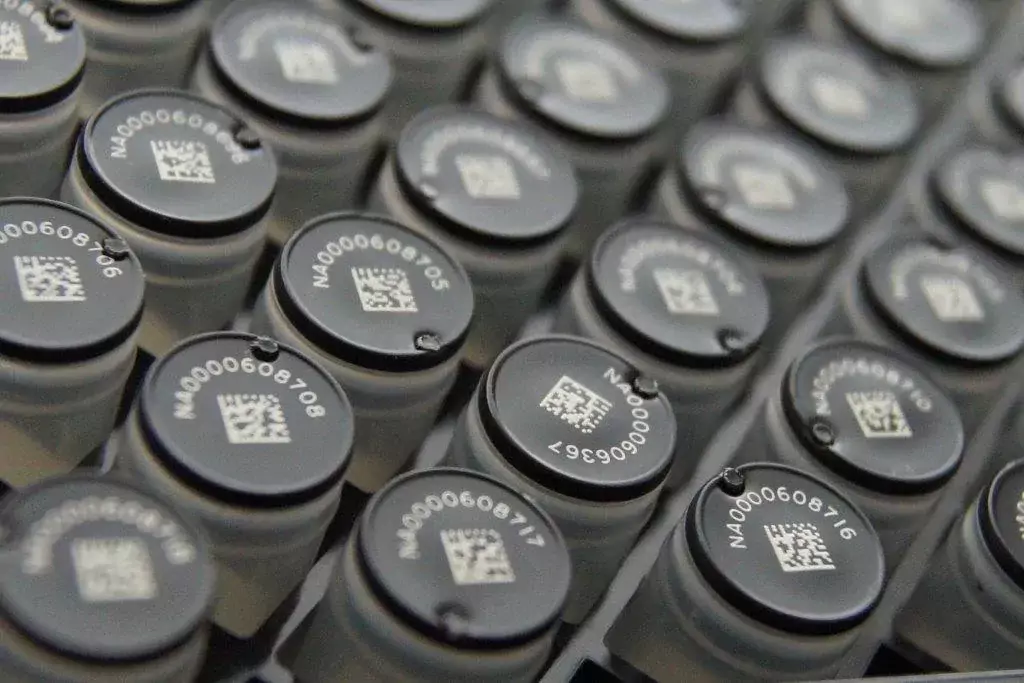The Swedish Childhood Tumor Biobank receives grants from the government and the Swedish Childhood Cancer Fund for national precision medicine project

The Swedish Childhood Tumor Biobank is a nationally established genomic biobank infrastructure in the field of childhood cancer that works to promote research on childhood tumors. Within the Genomic Medicine Sweden (GMS) Child Cancer project, the Swedish Childhood Tumor Biobank at KI and the Department of Oncology-Pathology receive SEK 5.13 million from the government.
Within the framework of the national project GMS Child Cancer, molecular genetic analyzes (whole genome sequencing and whole transcriptome sequencing) are carried out for clinical purposes on tissue material from children throughout Sweden who are suspected of having cancer.
The overall goal of the project is to offer more refined diagnostics, precision diagnostics, and thus the opportunity for better treatment, follow-up and care.
For the start-up of the GMS Child Cancer project, the Swedish Childhood Cancer Fund has contributed SEK 15 million and then decided to set aside an additional SEK 24 million for the project during the period 2022-2026.
The Swedish Childhood Tumor Biobank is a grant recipient for all funds from the Swedish Childhood Cancer Fund and is involved in coordinating and leading parts of the project, which is also carried out as a study.
The Swedish Childhood Tumor Biobank is also responsible for long-term data management, including making available generated genomic and transcriptome data for further research in the field of childhood cancer.
"It is very gratifying that the project has received additional funding, especially since it now works so well at all children’s oncology centers to offer the comprehensive genetic analyzes and include the child cancer patients in the study," says Johanna Sandgren, PhD and Head of The Swedish Childhood Tumor Biobank. "We also now know that it can benefit directly with regard to refined diagnostics, and adjusted treatment in the form of, for example, targeted therapy for a smaller percentage of children, with the information that these new analyzes provide for care."
The next step is that the regions themselves can bear the costs of the sequencing as part of the healthcare. A scientific article with a summary for the first 117 patients was published in May this year.
Further compilations are ongoing within the project to be able to assess and report clinical benefit in a larger cohort, as well as to make health economic evaluations.
The project can also facilitate more research studies with the data generated and it can contribute to an increased biological knowledge of childhood tumors, which can lead to the development of better treatments with increased survival and fewer side effects for the affected children.
